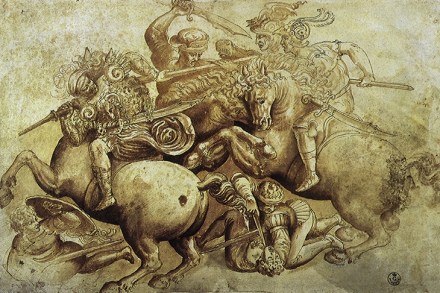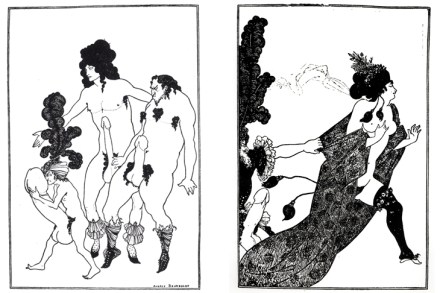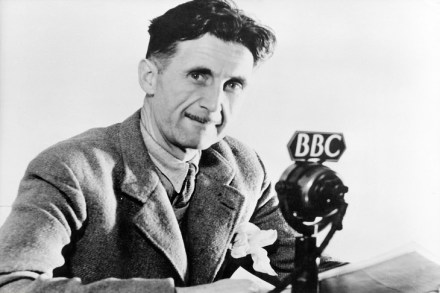The Renaissance in 50 shades of grey
More from BooksThe Mediterranean-centred era spanning a century or so either side of 1492 is filled to the brim with stories. There was the discovery of the Americas by a bold Genoese navigator; power struggles between wealthy Italian families, waged through conspiracies, poisonings and stabbings; a radical Dominican monk who managed to impose near-theocratic rule on a






























